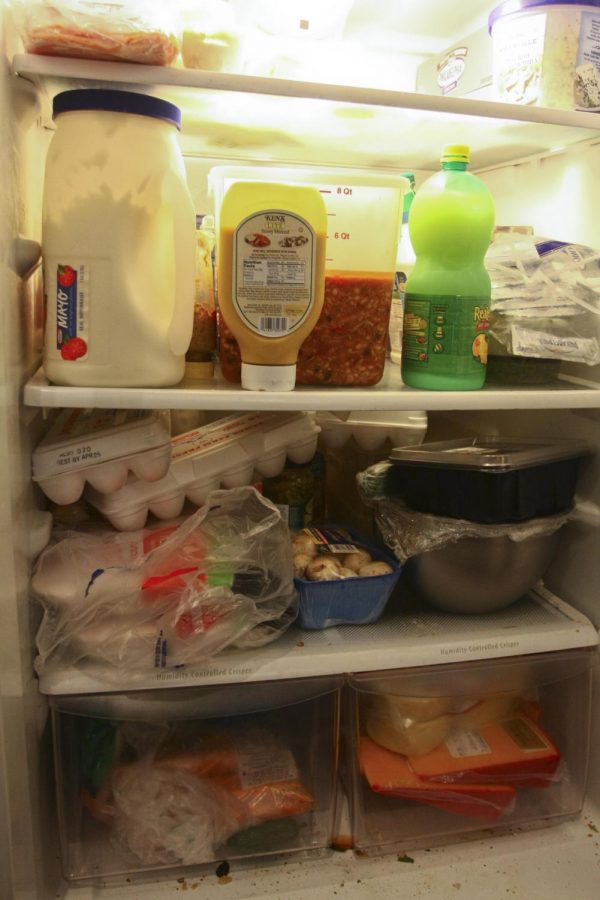Food wasted due to unreliable expiration dates
April 14, 2011
Culminate.com estimates that Americans waste roughly 29 million tons of food per year, or enough waste to fill the Rose Bowl every three days.
“I think we need to conserve more,” said Amanda Bliss, a professional writing major at UNA. “Conserve more money and food and we need to redefine ‘waste’ and think of better and more efficient ways to take care of our waste.”
Inside American refrigerators and pantries, thousands of food items slowly turn to waste every day. Consider how much you leave on your plate at home or in a restaurant, or the meats that have been freezer burned or milk that turned sour.
The wasting of this food may not seem like a substantial loss to your bank account, but the average American family wastes $600 a year. The USDA’s most recent estimation of the cost of food waste was $96 billion annually in 1997.
“I probably throw away $10 worth of food from each grocery trip-I try to stay away from most easily-perishable items; I keep canned goods usually around two years before throwing them away,” said UNA student Jeremy Patton, a psychology major.
To conserve money and food within the house, many American families will keep foods past their expiration date. It’s thought that some foods are generally safe to eat past their expiration date.
Thehealthylivingsite.com suggests hard cheese may be kept up to five months past the use-by date as long as any mold is trimmed from the surface.
Yogurt may be consumed within five days past the use-by date as long as it tastes and smells fresh within those five days. It’s also recommended to store it upside down to create a seal to stop the entrance of harmful bacteria.
Fruit juices are safe to use up to six days past their expiration date, as most juices are made from concentrate, which removes air from the juice and adds acids. This lengthens the shelf life of the juice.
A tip for keeping juice longer is to store it in the fridge even if it advises that you do not need to.
Eggs can be kept up to three weeks past the use by date. Most store-bought eggs are coated with mineral oil. This helps prevent bacteria from seeping into the eggs’ 17,000 or more pores.
Other helpful tips for egg storage include leaving the eggs in the carton. This will prevent unnecessary contact with bacteria. Remember to keep your eggs in the coldest part of the fridge and not in the door shelves.
Johnson Ogun, assistant professor of Culinary Arts, warns that consumption of foods past their expiration dates may cause parasite or bacterial infections.
Symptoms of these infections may include vomiting, aches and fever. You may even succumb to a bacterial infection known as botulism. This infection is known for attacking the nervous system and can cause death.












